H.R. 3607: Maintaining Authority and Restoring Security to Halt the Abuse of Law
This bill, titled the "Maintaining Authority and Restoring Security to Halt the Abuse of Law" (or the "MARSHALS Act"), aims to change the structure and governance of the United States Marshals Service by transferring it from its current association with the executive branch to the judicial branch of the government. Below are the main components and changes proposed by the bill:
Transfer of the United States Marshals Service
The bill specifies that the United States Marshals Service will become a bureau within the judicial branch, which means it will be more closely associated with the courts and the judicial system rather than the executive branch.
Establishment of Leadership
A new leadership structure will be established for the Marshals Service:
- The head of the Marshals Service will be a Director, appointed by the Chief Justice of the United States.
- The Director can be removed by a Board that includes the Chief Justice, members of the Judicial Conference, and the Director (who will be a nonvoting member).
Appointment of United States Marshals
United States marshals, who operate in various judicial districts, will be appointed by the Chief Justice in consultation with the Board and will serve four-year terms.
If a marshal's position becomes vacant before the term ends, the Chief Justice will appoint a replacement to serve out the remainder of the term.
Supervision and Goals
The Director's activities will be supervised by the newly established Board, which will also set goals and objectives to enhance the efficiency of the Marshals Service.
Protection and Enforcement Duties
The bill gives the United States Marshals Service the authority to:
- Provide personal protection for federal jurists, court officers, witnesses, and others at risk of criminal intimidation that may impede justice.
- Assist the Department of Justice with various tasks, such as investigating fugitives and issuing administrative subpoenas related to unregistered sex offenders.
- Help local, state, and other federal law enforcement agencies in locating and recovering missing children.
Amendments to Existing Laws
The bill also includes several technical amendments to existing laws governing the Marshals Service. This includes changing language to reflect the new structure of the Marshals Service and updating certain procedural powers related to law enforcement and protecting individuals involved in judicial processes.
Relevant Companies
None found.
This is an AI-generated summary of the bill text. There may be mistakes.
Sponsors
45 bill sponsors
-
TrackEric Swalwell

Sponsor
-
TrackJake Auchincloss

Co-Sponsor
-
TrackBecca Balint

Co-Sponsor
-
TrackWesley Bell

Co-Sponsor
-
TrackYvette D. Clarke

Co-Sponsor
-
TrackSteve Cohen

Co-Sponsor
-
TrackJ. Luis Correa
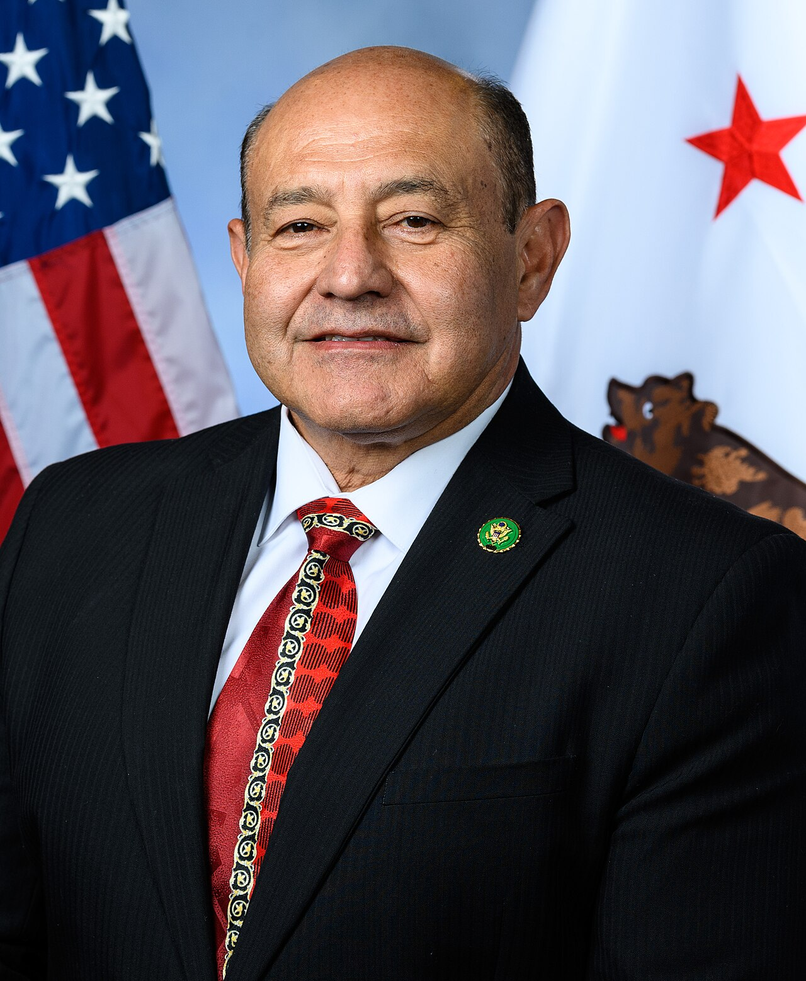
Co-Sponsor
-
TrackJasmine Crockett

Co-Sponsor
-
TrackDanny K. Davis
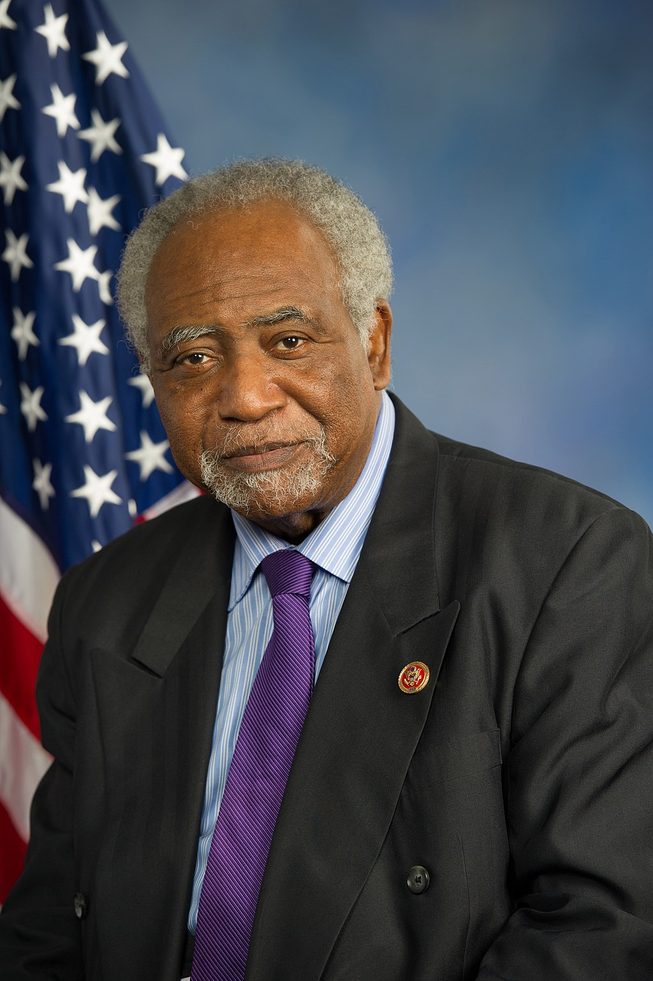
Co-Sponsor
-
TrackMadeleine Dean

Co-Sponsor
-
TrackChristopher R. Deluzio

Co-Sponsor
-
TrackJesús G. "Chuy" García
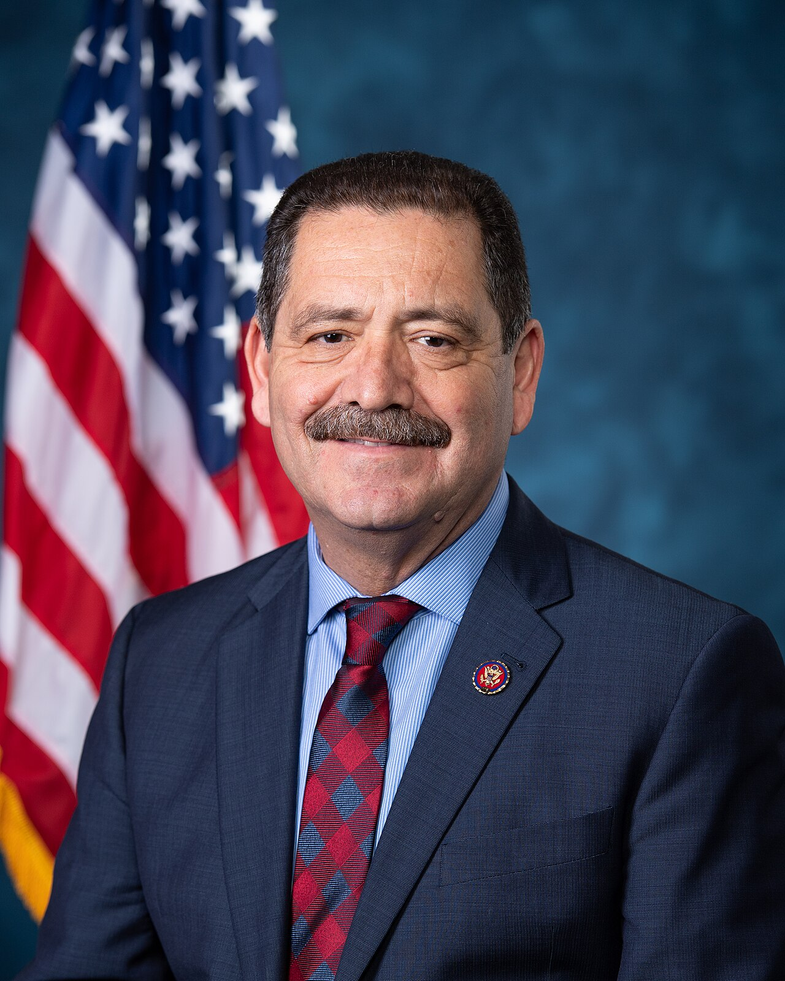
Co-Sponsor
-
TrackDaniel S. Goldman

Co-Sponsor
-
TrackJared Huffman

Co-Sponsor
-
TrackJonathan L. Jackson

Co-Sponsor
-
TrackPramila Jayapal

Co-Sponsor
-
TrackHenry C. "Hank" Johnson, Jr.

Co-Sponsor
-
TrackSydney Kamlager-Dove

Co-Sponsor
-
TrackRaja Krishnamoorthi

Co-Sponsor
-
TrackJohn B. Larson

Co-Sponsor
-
TrackGeorge Latimer

Co-Sponsor
-
TrackSummer L. Lee

Co-Sponsor
-
TrackTed Lieu
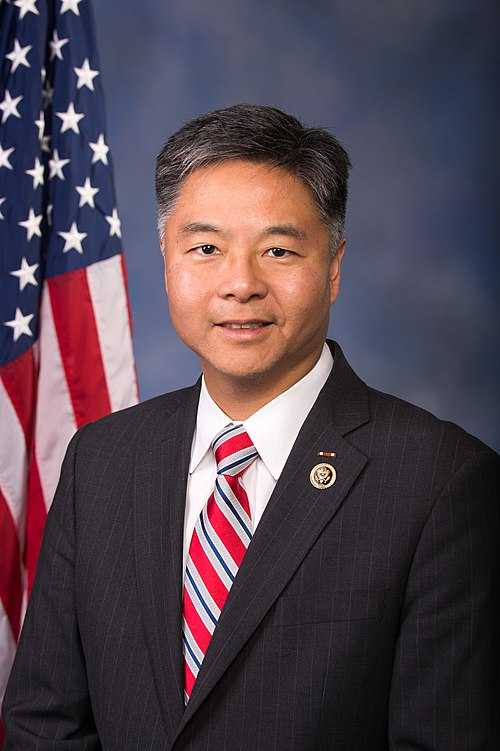
Co-Sponsor
-
TrackZoe Lofgren

Co-Sponsor
-
TrackStephen F. Lynch

Co-Sponsor
-
TrackLucy McBath

Co-Sponsor
-
TrackSarah McBride

Co-Sponsor
-
TrackApril McClain Delaney

Co-Sponsor
-
TrackDave Min

Co-Sponsor
-
TrackJared Moskowitz

Co-Sponsor
-
TrackJerrold Nadler

Co-Sponsor
-
TrackJoe Neguse

Co-Sponsor
-
TrackEleanor Holmes Norton

Co-Sponsor
-
TrackAlexandria Ocasio-Cortez

Co-Sponsor
-
TrackMike Quigley

Co-Sponsor
-
TrackDelia C. Ramirez

Co-Sponsor
-
TrackJamie Raskin
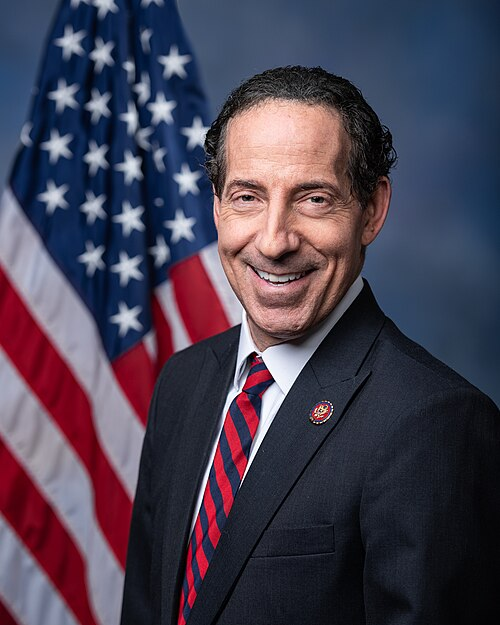
Co-Sponsor
-
TrackJosh Riley

Co-Sponsor
-
TrackDeborah K. Ross

Co-Sponsor
-
TrackMary Gay Scanlon

Co-Sponsor
-
TrackJanice D. Schakowsky

Co-Sponsor
-
TrackLateefah Simon

Co-Sponsor
-
TrackSuhas Subramanyam

Co-Sponsor
-
TrackShri Thanedar

Co-Sponsor
-
TrackRashida Tlaib

Co-Sponsor
Actions
2 actions
| Date | Action |
|---|---|
| May. 23, 2025 | Introduced in House |
| May. 23, 2025 | Referred to the House Committee on the Judiciary. |
Corporate Lobbying
0 companies lobbying
None found.
* Note that there can be significant delays in lobbying disclosures, and our data may be incomplete.
Potentially Relevant Congressional Stock Trades
No relevant congressional stock trades found.